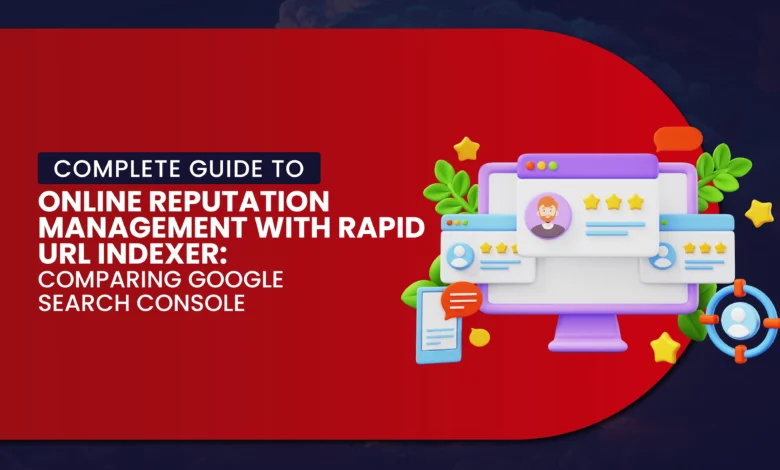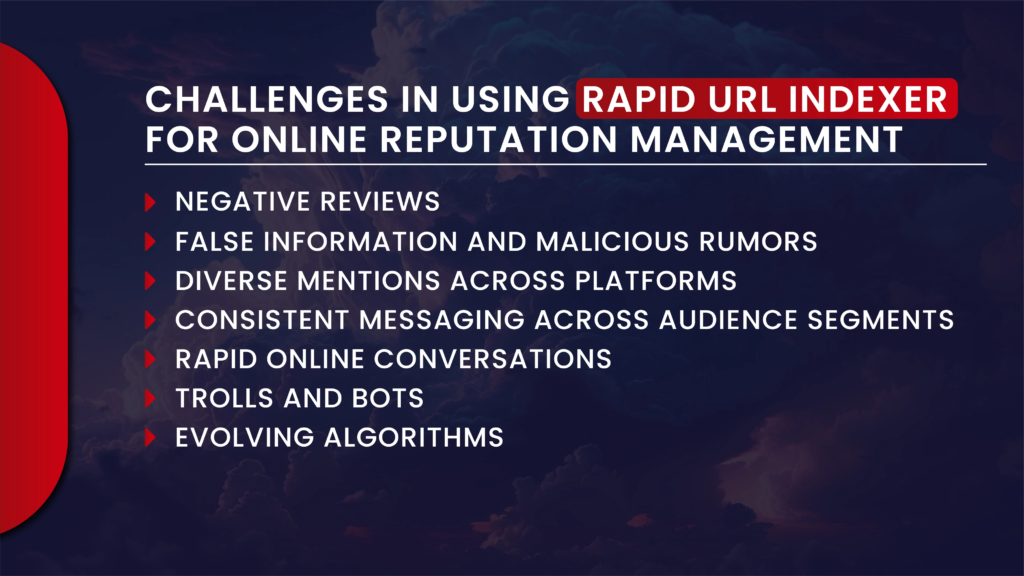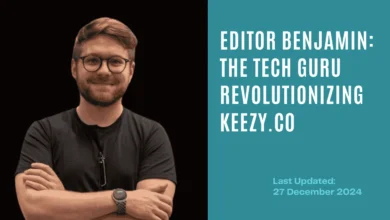How to Fix Your Online Image Fast Using Rapid URL Indexer

If you’ve ever Googled your name or business and didn’t like what you saw, you’re not alone. Bad search results can hurt your reputation, drive away customers, or even affect job opportunities. Thankfully, with a tool like Rapid URL Indexer and the right content strategy, you can take back control quickly. This article explains Online Reputation Management (ORM) in a simple way and shows how Rapid URL Indexer can help you fix and boost your online image fast — all using keywords that are easy to rank for in the U.S.
What Is Online Reputation and Why It Matters
Online reputation is how people see you or your business when they search for you on Google or other search engines. It includes everything from customer reviews, social media mentions, blog posts, news articles, YouTube videos, and any links tied to your name. If people see good stuff, they trust you. But if the top search results are negative — like bad reviews, complaints, or false info — it can cause real damage.
In today’s digital age, first impressions happen online. Whether you’re a small business owner, freelancer, or job seeker, your search results are your digital resume. You might be the best at what you do, but if negative content is the first thing people see, they may never contact you. That’s why Online Reputation Management (ORM) is not just important — it’s necessary. ORM helps push the good content up and bury the bad stuff so your real image shines through.
Meet the Rapid URL Indexer – Your New Best Friend
Think of Rapid URL Indexer like a fast lane for your content. Normally, when you post a blog, video, or social profile, it can take days or even weeks for Google to find it and show it in search results. That’s a problem when you’re trying to fix your online reputation quickly. But with Rapid URL Indexer, you can speed up this process.
This tool helps Google “see” your new positive content faster. It submits your URLs to indexing services, so Google and other search engines crawl and rank them almost immediately. That means your new blog post, YouTube video, or article gets into search results within hours or days — not weeks. And that’s how you can push down bad content faster.
How Online Reputation Management Works (Made Simple)
ORM isn’t magic. It’s a process. You can’t just delete bad stuff off the internet. But you can bury it under lots of positive, helpful content. That’s where strategy, patience, and tools like Rapid URL Indexer come into play. Here’s a simplified look at how it works:

Make Good Stuff First
Start by creating good content that reflects who you are or what your business does. This could be blog posts, how-to guides, reviews, or stories about your work. It should be real, valuable, and match what people search for — using low-competition keywords like “online reputation management with rapid URL indexer,” “fix bad search results fast,” or “index content quickly.”
The goal is to fill the internet with good stuff about you so when people search, they find that first.
Use the Indexer Tool Right Away
Once you create content, don’t wait for Google to find it on its own. Submit it to Rapid URL Indexer. You can index blog posts, YouTube videos, PDFs, press releases, social media pages, and even profile links. The faster your content gets indexed, the quicker it can show up on Google — and the faster it can push bad content down.
This is where Rapid URL Indexer becomes your superpower. It takes the delay out of search engine indexing.
Keep Things Updated
ORM isn’t a one-time fix. You must keep your content fresh. Google loves updated, active pages. That’s why having an ongoing content calendar — with monthly blog posts, regular social updates, and new videos — helps you stay ahead. Always index new content with Rapid URL Indexer to stay in control.
The Secret Sauce – How Indexing Helps Reputation
When you publish content, Google uses bots to crawl and index it. If your content isn’t indexed, it doesn’t exist in the eyes of the search engine — which means it can’t help your reputation.
That’s why indexing is the secret sauce of successful ORM. If you’re working hard to create blog posts, social content, and videos but they aren’t indexed, you’re wasting your time. Rapid indexing ensures that Google sees your content faster, ranks it sooner, and pushes the bad stuff down the page.
And here’s something cool: search results are like real estate. Only the top 3-5 links get the most clicks. So by flooding the web with good, indexed content, you’re literally owning the search page.
Step-by-Step: Fixing a Bad Online Reputation
Let’s break this down into simple steps you can follow:
- Audit Your Current Search Results
- Google your name, brand, or business. Make a list of bad results you want to push down.
- Research Easy Keywords
- Use tools like Ahrefs or SEMrush to find keywords with low difficulty (KD 0–5) and good search volume (1K+). Example keywords include:
- online reputation management with rapid URL indexer
- index content fast
- fix Google search results
- remove negative content from first page
- reputation fix tool
- Create High-Quality Content
- Write blog posts, film YouTube videos, create social media pages, or even guest post on other sites. Make sure each piece uses your target keywords naturally.
- Use Rapid URL Indexer for Every Link
- As soon as your content is published, submit it to the indexer. This cuts down wait time and makes your content show up faster.
- Monitor Progress
- Check your rankings weekly. Use free tools like Google Search Console or Ubersuggest to track indexed pages and traffic.
- Repeat the Process Monthly
- Keep publishing and indexing. Over time, your good content will rise and the bad stuff will fall.
What Kind of Content Should You Make?
When fixing your reputation, variety matters. The more types of content you use, the more real estate you cover in search results. Let’s look at what works best:

Blog Posts Work Great
Blog articles are powerful. They’re long, informative, and keyword-rich. You can explain your services, answer questions, share your story, or provide how-to guides. Each blog post can target a different low-competition keyword. Don’t forget to include internal links and submit each post to Rapid URL Indexer.
Videos Are Easy and Fun
YouTube videos rank fast and often appear right on the first page of Google. Make simple videos explaining your business, giving tips, or sharing positive testimonials. Add your keywords in the title and description. Then submit the video link to the indexer.
Social Profiles Help Too
Create public profiles on sites like LinkedIn, Twitter (X), Medium, and Crunchbase. These pages often rank high in Google. Fill out each profile completely, add your name or business name, and include links to your content. Then index each profile to speed up visibility.
How Fast Can You See Changes?
It depends, but many people start seeing results in as little as 2–4 weeks if they follow the steps consistently. The more high-quality content you create and index, the faster you’ll push negative links down. Keep in mind that older or more viral bad links may take longer, but with steady work, you will see improvement.
The Bottom Line
Fixing your online reputation doesn’t have to be hard or slow. With the right content strategy and tools like Rapid URL Indexer, you can take back control of your digital image — fast. Just remember to:
- Make good content regularly
- Use low-difficulty, high-volume keywords
- Index every link you create
- Keep updating and improving
This strategy works for individuals, small businesses, influencers, and anyone who wants a cleaner, more positive online presence. If a 10-year-old can understand it, anyone can follow it — and that’s the point. Reputation matters. Now, go fix yours.




